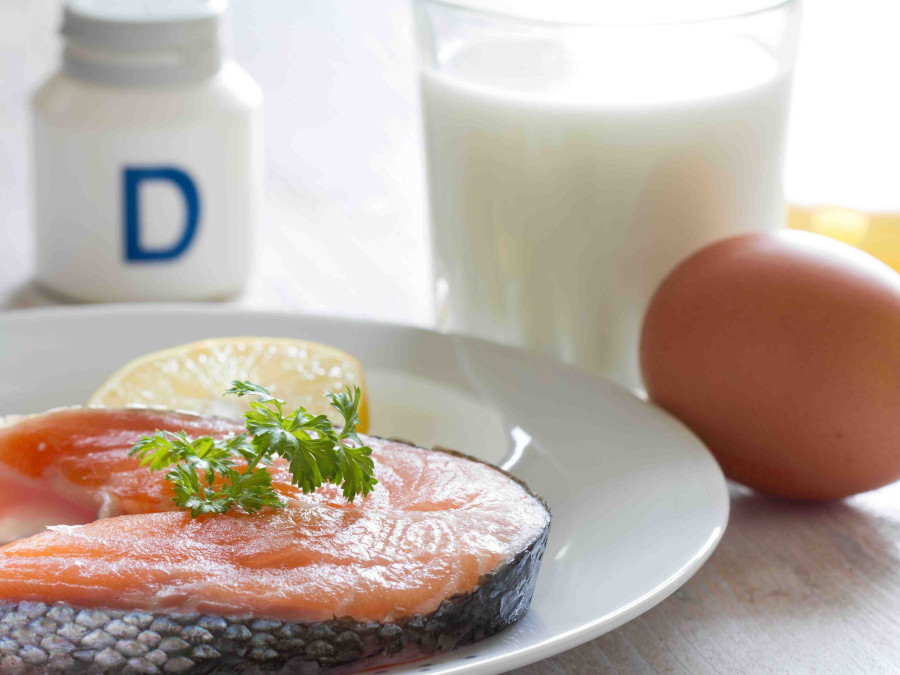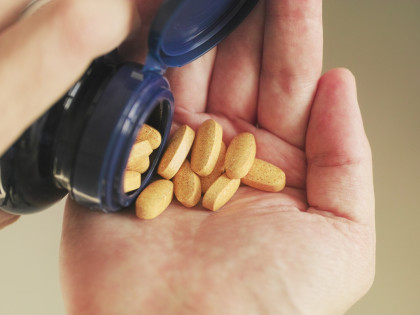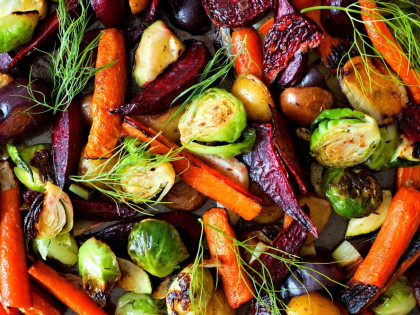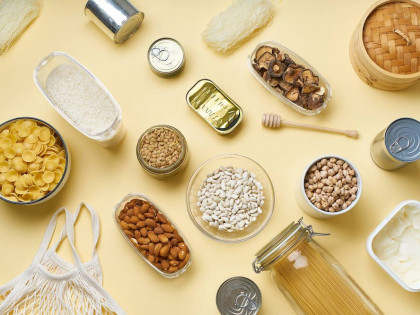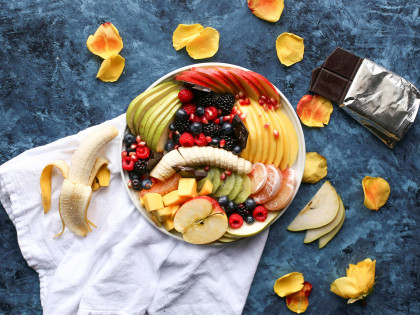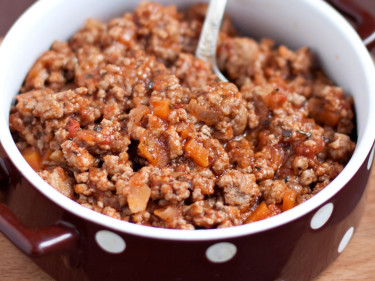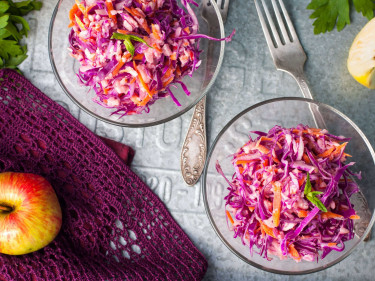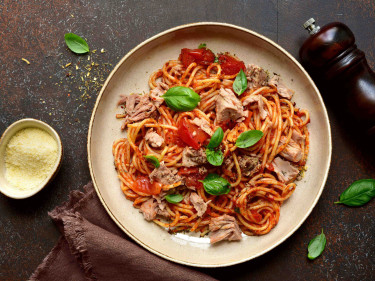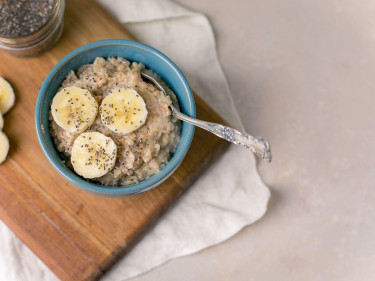What is Vitamin D?
Vitamin D is a fat-soluble vitamin that’s crucial for maintaining healthy bones and muscles. It’s technically a hormone, not a vitamin.
Why is vitamin D important for health?
Vitamin D helps the body absorb calcium. It supports bone health, muscle function, and the immune system. Deficiency can lead to osteoporosis (brittle bones) and rickets (brittle, poorly developed bones in children).
It’s estimated one in four Australians are vitamin D deficient. Certain groups are more prone to vitamin D deficiency. These include:
- Older adults, as the body becomes less efficient at producing vitamin D
- People with darker skin, as higher melanin levels reduced the skin’s ability to produce vitamin D from the sun
- People who cover up, spend a lot of time indoors, or who live in Southern areas of Australia, as reduced exposure to the sun reduces the body’s ability to produce vitamin D
- Aboriginal and Torres Straight Islander people have higher rates of vitamin D deficiency
Tips for getting enough vitamin D
In Australia, the primary source of vitamin D is sunlight. When your skin is exposed to UVB rays it produces vitamin D.
You can get some vitamin D from food. Good sources of vitamin D include:
- Oily fish like salmon, trout and mackerel. Check out these NMNT recipes that use oily fish.
- Egg yolks. Check out these delicious egg recipes.
- Margarine and oil spreads (e.g., olive oil spread), as Australian manufacturers must add vitamin D to these products.
- Some but not all milks, breakfast cereals and milk drink powders (e.g., malted milk) have vitamin D added. Look for vitamin D listed on the ingredients list and nutrition information panel.
- Like our skin mushrooms produce vitamin D when exposed to sunlight. Putting your mushrooms in the sun for 15 minutes before you cook them can drastically increase their vitamin D content. Check out these delicious mushroom recipes.
If you’re in a group prone to vitamin D deficiency, or concerned about your vitamin D levels, speak with your GP about having your vitamin D levels tested. Too much vitamin can be dangerous for your health so always speak to your GP or an Accredited Practising Dietitian before taking a vitamin D supplement.
For Cancer Council Sun Smart App information regarding UV radiation head here https://www.sunsmart.com.au/resources/sunsmart-app



